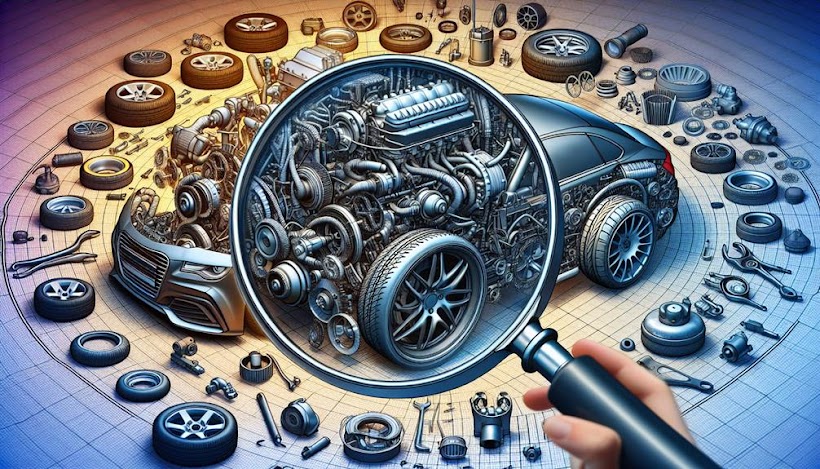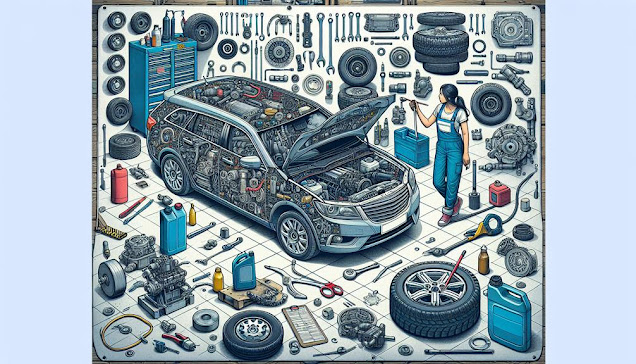Key Types of Vehicle Inspections Every Driver Must Be Aware Of
Comprehensive Guide to Vehicle Inspections
Similar to how a medical checkup uncovers hidden ailments, a thorough vehicle inspection can detect mechanical issues that may pose safety risks while driving.
While you may be accustomed to routine maintenance like oil changes and tire rotations, there are various specialized inspections that your vehicle may require. These include safety checks, emissions tests, pre-purchase inspections, and end-of-warranty reviews, each designed for specific purposes and requirements.
This guide will help you understand the significance of these inspections and how to effectively manage them. But first, let's acknowledge why these inspections are essential and not merely procedural.
Understanding the Various Types of Vehicle Inspections
Maintaining the safety and efficiency of your vehicle involves knowing the different types of inspections:
- Routine Inspections: These are general checks to ensure the overall health of your vehicle, akin to regular health checkups.
- Diagnostic Inspections: These are specialized tests aimed at identifying specific problems, often related to complex components like the engine or transmission.
By understanding these types, you position yourself not just as a car owner, but as a conscientious member of a community that prioritizes safety and informed decisions.
Preparing for Your Vehicle Inspection
With knowledge of the different types of inspections, preparing your vehicle becomes straightforward:
- Ensure all lights, including indicators and brake lights, function properly.
- Check that tires have sufficient tread and are correctly inflated.
- Verify that brakes are responsive and the exhaust system is leak-free.
- Maintain cleanliness to show respect for the inspection process.
- Ensure seatbelts and windshield wipers are working effectively.
- Bring necessary documents such as proof of insurance and registration.
Being well-prepared can make your vehicle inspection process efficient and stress-free.



Comments
Post a Comment